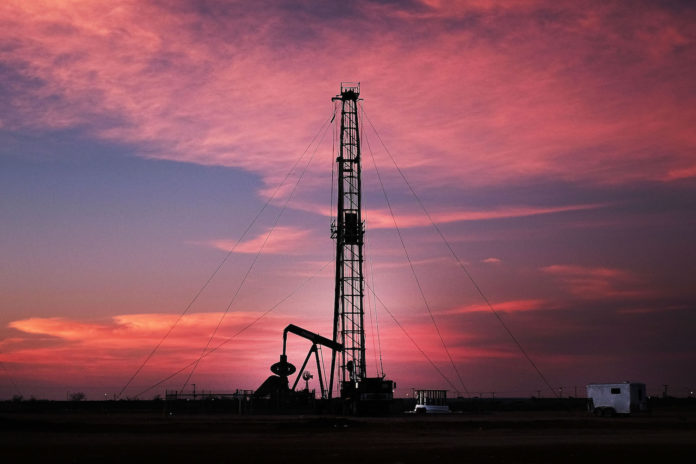TOKYO/LONDON: Oil prices eased on Wednesday on concerns US fuel demand will face a slow recovery amid stalled talks on an economic stimulus package and despite support from a bigger-than-expected drawdown in US crude stocks.
Brent crude futures were down 32 cents, or 0.7pc, to $45.14 a barrel at 1005 GMT, but still not far off a 5-month high above $46 a barrel reached earlier in August.
US West Texas Intermediate (WTI) crude futures were down 32 cents, or 0.75pc, at $42.57 a barrel.
“Demand concerns weighed on oil prices, with US economic stimulus still nowhere in sight and US-Sino trade talks being postponed,” said Hiroyuki Kikukawa, general manager of research at Nissan Securities.
US President Donald Trump said on Tuesday he had postponed trade talks with China.
US crude inventories fell by 4.3 million barrels, more than analysts’ expectations, to about 512 million barrels, industry data from the American Petroleum Institute (API) showed. Gasoline stocks rose, API said.
Oil gave ground due to the increase in gasoline inventories, said Stephen Innes, chief global market strategist at AxiCorp.
“The market is struggling to make new highs as demand concerns remain tethered to the hip of the coronavirus worries as OPEC returns more barrels to market this month.”
JBC Energy also said in a note that “the market was still finding it difficult to believe in the necessity of higher prices”, citing weaker US fuel demand.
Investors are also awaiting news from Wednesday’s meeting of the Organization of the Petroleum Exporting Countries (OPEC) and allies including Russia, which is set to review adherence to a previously agreed deal on oil output cuts.
The meeting is not expected to recommend changing current output policy, under which the group is reducing output by 7.7 million barrels per day.























